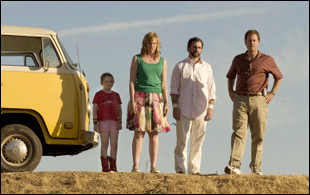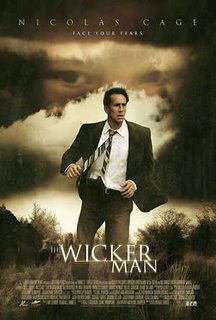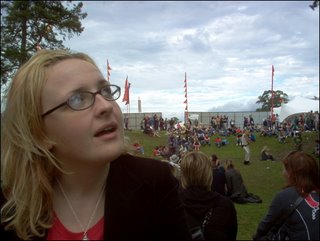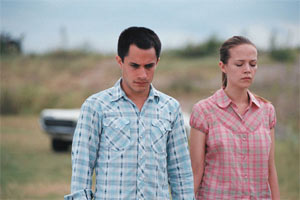
"I need to get right with God"
Starring:
Gael Garcia Bernal
William Hurt
Pell James
Paul Dano
Laura Harring
Directed By:
James Marsh
Written By:
James Marsh & Milo Addica
My rating 4/5
Having missed this film in it's one-week run at the cinema, I was anxious to pick it up immediately after it's release on DVD. Every other review on this blog has been of cinema releases but I hope to expand into other reviews and this is a good place to start because I feel this film really deserves to find an audience.
The first English-speaking role of Mexican star Gael Garcia Bernal is portraying a charater called Elvis who leaves the Navy and goes off to find his father. For an actor whose first language is Spanish, Bernal does a remarkable job of fitting into the role of a young, disturbed, American.
Elvis meets his father David Sandow (William Hurt) who is now a pastor in an idyllic small town. He has a beautiful God-fearing family consisting of his dumpy wife, his son Paul, who sings in a God-rock band and Malerie, a pretty, good-natured 16 year old. After Elvis is shunned by his father and told to never come near his family again, Elvis sets about upsetting his perfect family unit. He does this by seducing Malerie and they embark on an affair, though she is unaware that he is her half-brother.
As events unwind, the audience is drawn into the mind of Elvis. It is a complex character who is never portrayed as evil or psychopathic, merely a sociopath who doesn't have any idea of right and wrong. He constantly shows no regard for human life, human emotion or the God that his father loves so much.
As he digs himself in deeper and deeper the film plunges into a darkness that becomes almost unrealistic but saves itself immensely by an abrupt ending that leaves the viewer thinking for a long time after.
I felt that what makes this film worthwhile is its characters; their beliefs, their hypocrisies, their needs. Each member of the Sandow family feels like they are desperately clinging to their strict beliefs because of a fear of hell, or of succumbing to the evils of the outside world. The character of Elvis is particularly interesting as the viewer can empathise easily with many of his actions while knowing how wrong they are. There is a feeling throughout the film that he is in need of some love and has no idea how to get it.
The film's biggest shortcoming was in the relationship between Elvis and Malerie. She succumbed far too easily to a sexual relationship with this stranger with whom she mostly shared awkward silences and small talk. This made the relationship feel a little forced. Also, the character of Mrs. Sandow was horribly miscast. The strikingly beautiful Laura Harring did what she could with no makeup and tightly tied hair but she just looked like a Hollywood beauty trying to look mousey. Through no fault in the actress's talent, it didn't work.
Overall, the acting in this film was magnificent, William Hurt played a wonderfully hypocritical, seriously repentant Born-Again Christian, Paul Dano played the God-loving son perfectly in yet another performance that proves he is destined for greatness, but Gael Garcia Bernal really put his undeniable skills to great use here, taking on a role that was very complex and easily misunderstood. He managed to pull it off perfectly, creating one of the most interesting characters in recent American films.
Although flawed, the film raises many questions about moral choices, and the difference between morals and fear of God. It also creates questions about identity in American culture and the idea of the family unit. The notion of sin and retribution is also a recurring theme and it asks the audience if what Elvis has done to David Sandow's family is God's way of punishing him for his earlier behaviour or is it just coincidental remnant of the sins he committed years earlier? The question of spirituality and forgiveness is the main issue at hand. If Sandow can be forgiven for his sins, then Elvis can do whatever he likes as long as he eventually makes himself "right with God".
For it's twisting, dark storyline, it's superb central performances and it's chaotic ending, I strongly recommend this film, but you may need to suspend your disbelief at times, as it gets pretty far-fetched.
-Charlene Lydon 4/10/06
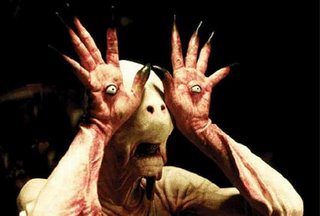

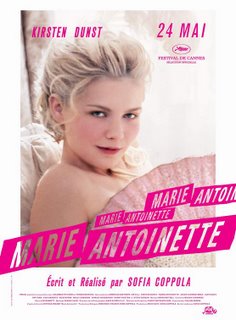
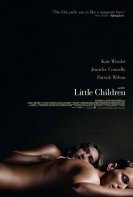
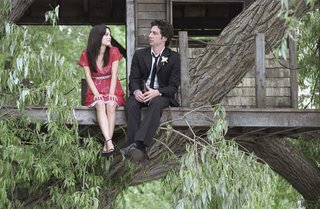
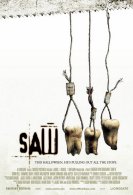
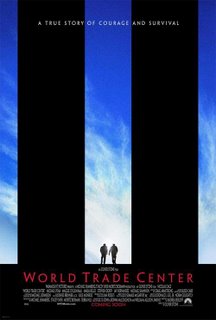


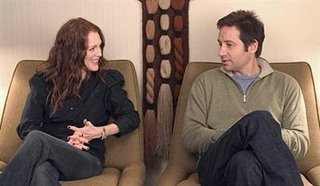
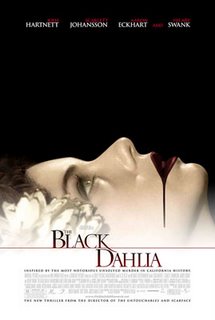
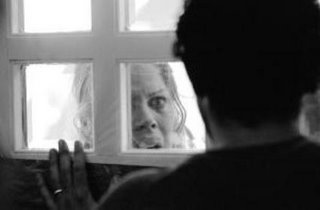 Starring:
Starring: